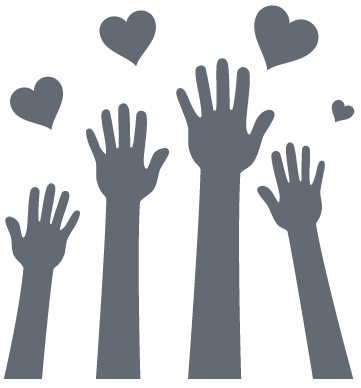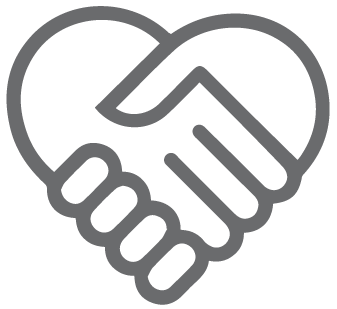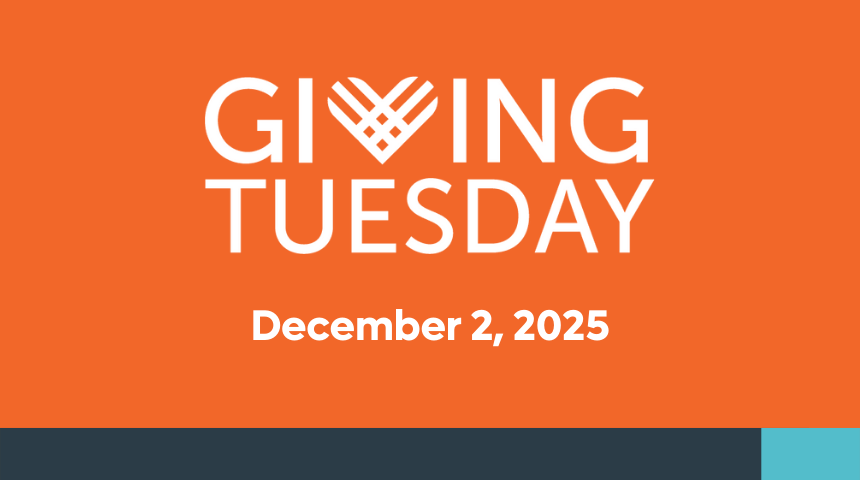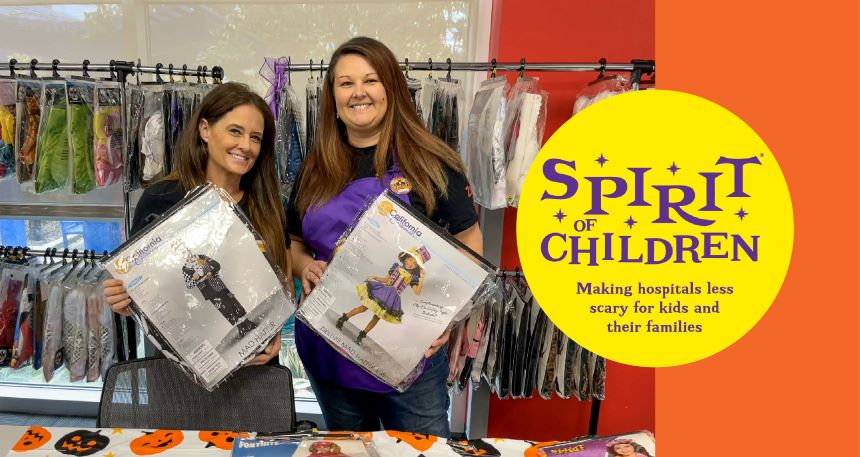Sitting Down with the New President of Orlando Health Cancer Institute
When he arrived at Orlando Health twenty years ago, Rafael R. Mañon, MD, never set his sights on running a cancer program. However, his goal has always been to help build the best care system he can for patients, and Dr. Mañon is honored to continue that goal as the new president of the Orlando Health Cancer Institute.
When Dr. Mañon took the position, he asked himself, “What is this place missing?” After pondering this question and hearing from frontline team members and staff, he answered, “We have touch points of outstanding care, but our culture and identity need to be a larger component of that care.” So, he started the process of cultural transformation.
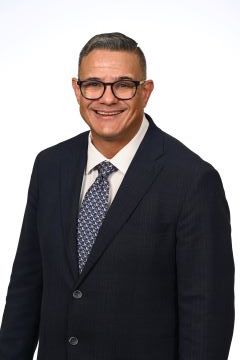
We sat down with Dr. Mañon to discuss this transformation and learn what impact it will ultimately have on patient care.
Dr. Mañon: Culture has three parts. First, what are your institute’s collective cultural tenets? What makes people come to work at the Cancer Institute? The truth is we all like to get paid; there’s nothing wrong with that, but it’s not primarily that. As a leader, you want to create a set of principles that everybody coalesces around, such as compassion and shared trust, to create a system that believes in innovation and has excellence in care as guiding principles.
The second part is codifying a credo—almost like our constitution—as a framework for how people should consider their work life. Everybody needs to be a steward of culture. There must be a sense of pride in the institution you work for and in what you deliver, and you need to hold the person next to you accountable for that culture.
The third step is to explore how everybody individualizes and lives that philosophy. People do it in different ways. It can feel easy for physicians to see the difference we make because it’s very tangible - we provided this paradigm of care, and it worked, and there you go, but amazing things happen here every day. Team members do things to make the cancer experience the best it can be. Those are the things that make a difference.
At Orlando Health Cancer Institute, our goal is to provide hope, healing and support for every individual affected by cancer. We aim to cultivate an environment that nurtures trust, achieves excellence and fosters innovation.
Dr. Mañon: When I was first recruited to the cancer institute along with a small group of top oncologists, we focused on building the best patterns of multidisciplinary, specialized care based on the organs we each treated; mine was head and neck. It was almost like a family because we had less than 30 doctors here. We all lived here, worked here and built these programs together, so the culture was easy; but we grew a lot. We went from providing care at one location to providing care at eight locations. We went from approximately 30 doctors to 110 doctors. We went from seeing each other daily to having care teams in Lake Mary, Dr. Phillips, Winter Park, etc. While that growth has been pivotal to providing top-notch patient care, the culture has been somewhat diluted. The goal now would be to make this place feel small again.
Looking Ahead
Dr. Mañon: We’re in the middle of an explosion in oncology right now. We cloned the human genome in 2003. From that, there’s a whole field called precision medicine. In a very rudimentary sense, it means that now we can take your cancer, sequence it, look at all the genetic defects and see if any of them are targetable. We also have the whole field and explosion of immunotherapy, leveraging the immune system to fight and treat cancer.
Now, as we move into this next phase of oncology, we’re actually taking a patient’s T-cells and immune cells out, incubating them with cancer cells, teaching those cells what cancer is, and infusing them back into the patient to fight cancer. That’s called Tumor-Infiltrating Lymphocyte (TIL) Therapy. Orlando Health Cancer Institute was the first place in the country to be able to do TIL therapy for a solid tumor.
There’s also artificial intelligence (AI). You start looking at AI for radiology and pathology to look at different signatures for treating cancer. You also look at cancer diagnostics. Now, we can pull a blood sample from a patient and see if there are any active cancer DNA cells in their blood as a surrogate for treatment response. Rather than x-raying them and waiting to see if something grows, you can tell whether there’s a detectable tumor much earlier.
Employing all these tools, as they grow quickly, and implementing them to improve the quality of care we provide patients will be a big challenge. They are almost growing faster than we can build, but you must be an early adopter of these technologies to keep up with the curve.
At a Local Level
Dr. Mañon: As people move here, as their age increases and as early-onset cancers continue to rise, you’re going to see a greater need for cancer care in our community. Also, the complexity of that care is going to continue to increase. The biggest challenge in curing cancer is just the economics of it. Any healthcare system’s primary decision-making process regarding capital expenditures is based on its return on investment (ROI). Unfortunately, there is an ROI in cancer care, but some of the mission-critical things you need do not have an ROI.
That’s where philanthropy is tremendously important, so we can continue investing in cancer treatment paradigms that we otherwise may not have access to based on ROI. There are many things in our cancer program that have been firsts in our market—first to offer image-guided radiation therapy (IGRT), first to provide adaptive radiation, first to offer proton therapy, first to offer Ethos™ Therapy (an AI-driven radiation therapy) and first to offer TIL treatment. Many of these treatments would not happen without philanthropy. Thinking back, ViewRay would never have been here without philanthropy. This building wouldn’t even be here if it wasn’t for philanthropy!
Philanthropy has always been a longstanding tenant of our culture. It’s almost like a ship. If your hull is not in order, your sails aren’t mended, and your equipment isn’t working, you’ll never get there. You have to ensure you have the right culture; if not, you must start creating the guiding principles to get there.
|
“I have always believed that you need to take the care you give very seriously and surround yourself with people who feel the same way. It starts with responsibility - the responsibility to your patients to be your best.” |



